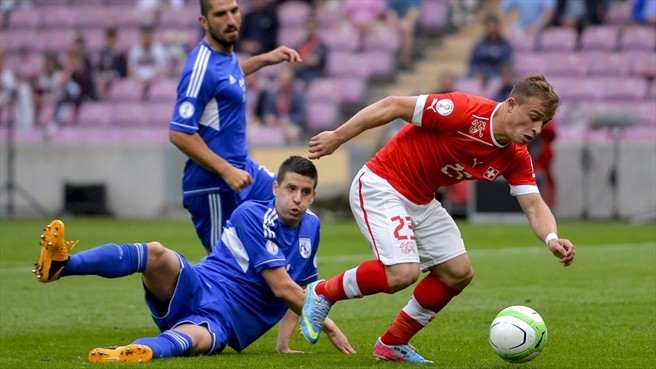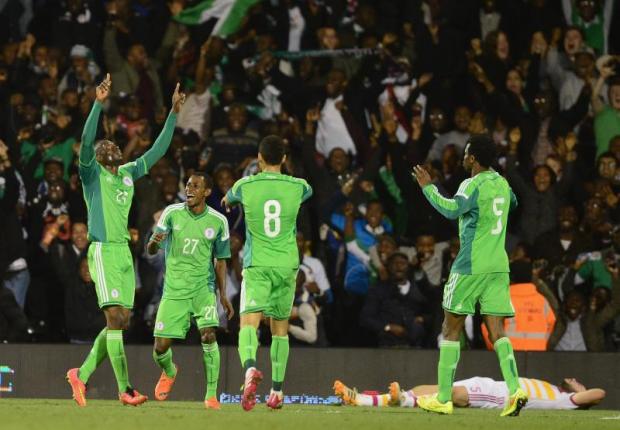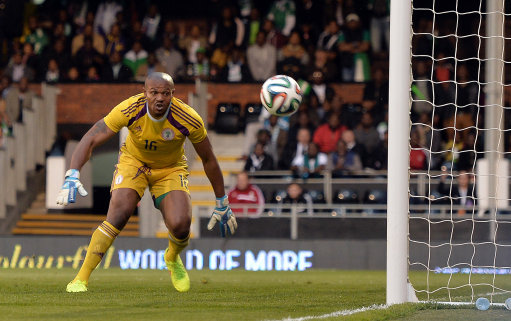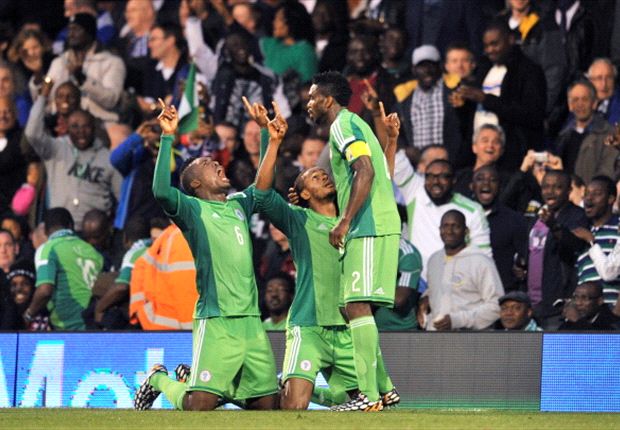Switzerland’s national football team is in the middle of a renaissance; and it is being spearheaded by their star man and playmaker, Xherdan Shaqiri.
The 22-year old former Basel FC youngster earned himself a dream move to European giants, Bayern Munich, and has been an integral part of the club’s plan.
The sturdy winger has rubbed shoulders with both Franck Ribery and Arjen Robben, and his style is not dissimilar to the latter. Cutting in from the right, he can produce a belter with his mercurial left foot.
Seven goals and four assists in 29 appearances this term to his name, the Yugoslavia-born youngster would be looking to continue his good form to lift his adopted country in Brazil after a relatively easy qualification campaign.
Advertisement
An unbeaten qualification series saw them win seven out of their 10 games, including impressive wins at Iceland and Norway, while also conceding a meagre six goals — one of the best defensive records in European qualifiers. The Swiss team has evolved since their failure to qualify for Euro 2012, which saw legendary German coach, Ottmar Hitzfield come under heavy criticism. But two years on, the team is impressively on its way to Brazil, and they have moved up to 8th on the FIFA/Coca-Cola World Rankings.
Switzerland’s best result in the World Cup were achieved over half a century ago with quarter-final spots in 1934, 1938 and 1954; and the 65-year old former Borussia Dortmund and Bayern Munich manager will be hoping to achieve a similar feat, or better, in Switzerland’s 10th World Cup appearance as he nears retirement.
To achieve this, he has been able to balance his team from defence to attack, mixing experienced heads with a handful of youngster. His defence is marshalled by the hitherto promising duo of Philipe Senderos and Johan Djorou, and the experienced Juventus fullback, Stephan Lichtsteiner.
Advertisement
The defence is protected by duo of captain Gokhan Inler and Valon Behrami, who sits deep in midfield and allows attacking-minded players such as Shaqiri, Granit Xhaka, Valentin Stocker and Tranquillo Barnetta punish the opposition.
Strength
It is hard to see a Hitzfeld team dependent on only its star player, as he structures his players to play for the team and not the other way round. Therefore, this is one team comfortable both on and off the ball; and it possesses a midfield that is strong and with remarkably high work rate and industry both offensively and defensively. Also, the leadership of captain Gokhan Inler, who can weigh in with long-range screamers, could prove vital in inspiring this team.
Weakness
Advertisement
The lack of a proven goal-scorer, epitomised by the emergence of a defender as the team’s highest goal-scorer in the qualifiers, is of major concern; and this could hurt the team’s chances at the World Cup. Also, this team is prone to conceding late goals, a feature atypical of Hitzfield’s teams, which close up shop as the clock winds down. The West Germany native would do well to solve this problem or else the Swiss dream will be gone before it even begins.
Last line
Beating the likes of Albania, Cyprus and Iceland in qualifiers is one thing, facing some of the world’s best teams is another. This team can definitely rub shoulders with them. However, it is a matter of how long can they last against the big boys.
Advertisement
Add a comment






